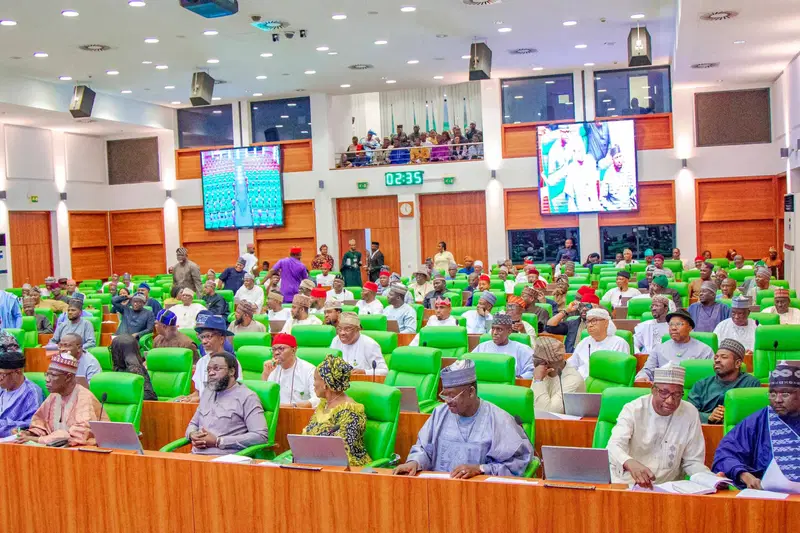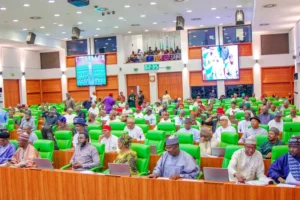The Presidential CNG Initiative (PCNGi) announced on Wednesday that over 100,000 vehicles have been successfully converted from petrol to Compressed Natural Gas (CNG) since its launch last year.
- This initiative, launched under the administration of President Bola Tinubu, is designed to reduce Nigeria’s reliance on expensive fuel while promoting the use of cost-effective alternatives like CNG.
- The initiative is seen as a critical step toward addressing the country’s fuel subsidy burden and promoting sustainable energy solutions.In a statement from Engr. Michael Oluwagbemi, the Project Director/CEO of PCNGi, it was revealed that more than $200 million has already been invested in the CNG value chain, with the number of conversion centres across the country now exceeding 140.
- These centres are not only enhancing the adoption of CNG but also contributing to the creation of thousands of new jobs in the energy sector, which is vital for the country’s growing economy.The statement also responded to what PCNGi referred to as a “toxic debate” circulating in the media surrounding the initiative. “To date, over 100,000 vehicles have been converted from petrol to CNG/bi-fuel-powered, and more conversion centres are being established across the country.
- Additionally, investors are ramping up the development and deployment of CNG infrastructure, with over $200 million already invested across the value chain, creating thousands of new jobs and economic opportunities.
PCNGi also addressed concerns about misinformation, particularly regarding the preference for petrol over CNG.
- The initiative stressed that shifting to CNG could save Nigeria $3 billion and contribute $2 billion in revenue to the national economy in the coming years, alongside reducing the nation’s carbon footprint.
- As part of its commitment to sustainability, the initiative aims to make Nigeria a leader in the clean energy sector, reducing emissions while addressing fuel shortages.
- The leadership of the initiative further responded to concerns about the ease of conversion, framing it as an opportunity.

- “We see this as an opportunity rather than a challenge. The number of conversion centres has increased from seven in 2023 to more than 140 nationwide. More than 2,000 Nigerians have already been employed in these centres, with more jobs expected as CNG adoption grows,” the statement read.
- Additionally, private sector investments of over 2 billion Naira have been directed toward the establishment of these centres, with further investments expected to total between 6 to 10 billion Naira for the setup of up to 1,000 centres.
- Addressing recent incidents, including an explosion in Edo State, PCNGi clarified that the blast was caused by substandard, uncertified, and poorly fabricated CNG cylinders during a refueling attempt—not the conversion process itself.
- The initiative reiterated that CNG is a safer, cleaner, and more sustainable alternative to petrol and diesel.
The statement also highlighted the ongoing expansion of CNG infrastructure, with the construction of 75 new daughter stations across the country.
Investments in mother stations have already surpassed $175 million, and 65 new licenses have been issued in the past year. Furthermore, the initiative is working closely with international partners to further develop Nigeria’s CNG infrastructure, ensuring that the country is well-equipped to meet future energy demands while reducing its reliance on imported fuel.




















